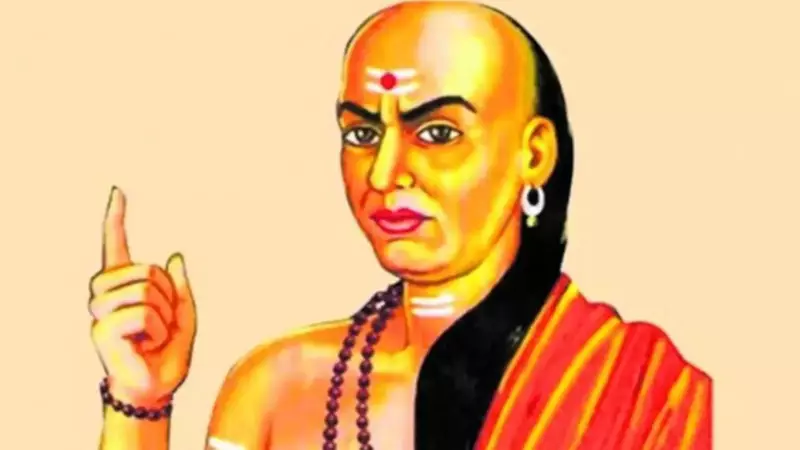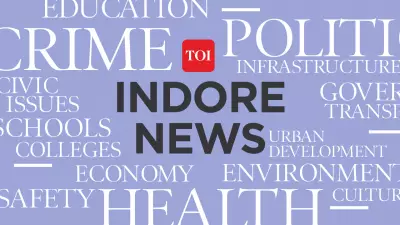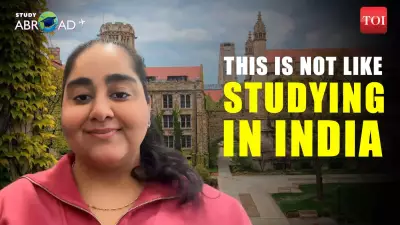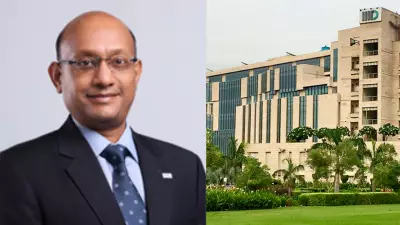
In an era dominated by competitive exams and career pressures, students across India are rediscovering the timeless wisdom of one of ancient India's most brilliant minds - Chanakya. Also known as Kautilya or Vishnugupta, this formidable philosopher, teacher, and political strategist served as chief advisor to Chandragupta Maurya and authored the legendary Arthashastra over two millennia ago.
The Eternal Relevance of Chanakya's Teachings
What makes Chanakya's wisdom particularly remarkable is its enduring practicality. Often regarded as the pioneer of Indian political economy, his writings seamlessly bridged philosophical depth with real-world pragmatism. His teachings on foresight, discipline, and human conduct continue to resonate powerfully in modern classrooms and leadership circles alike.
For contemporary students navigating complex academic and personal challenges, Chanakya's insights offer valuable lessons in clarity, resilience, and purposeful living that transcend centuries.
Five Transformative Quotes for Student Success
Education as Your Greatest Companion
"Education is the best friend. An educated person is respected everywhere. Education beats the beauty and the youth."
Chanakya viewed education not merely as academic instruction but as genuine empowerment. He believed knowledge represents the only possession that neither diminishes with time nor can be taken away by circumstances. For today's students, this emphasizes that education remains the most reliable currency for earning credibility and independence.
In a world increasingly focused on superficial validation through social media and appearances, Chanakya's words redirect attention toward developing intellectual strength - the kind that endures beyond temporary beauty, youth, or social status.
The Power of Purposeful Action
"Before you start some work, always ask yourself three questions — Why am I doing it, What the results might be and Will I be successful. Only when you think deeply and find satisfactory answers to these questions, go ahead."
This teaching highlights Chanakya's emphasis on reflection before execution. The principle of intentionality distinguishes meaningful action from mere activity. Many students rush toward goals without clear motivation, but Chanakya's three-question framework encourages purposeful pause to examine motives and anticipate consequences.
This approach helps students avoid wasted effort and align their actions with genuine objectives, whether preparing for competitive exams or choosing career paths.
Strategic Silence and Discretion
"Do not reveal what you have thought upon doing, but by wise counsel keep it secret being determined to carry it into execution."
Chanakya understood that silence often represents wisdom rather than weakness. His advice to maintain discretion about plans reflects deep understanding of human nature and the unpredictable nature of ambitious pursuits. For students, this translates into practicing strategic restraint: working steadily toward goals, seeking quality guidance, and allowing eventual results to speak louder than premature announcements.
This approach proves particularly valuable when working on important projects or preparing for significant examinations.
The Practical Cost of Ignorance
"The life of an uneducated man is as useless as the tail of a dog which neither covers its rear end, nor protects it from the bites of insects."
This striking metaphor demonstrates Chanakya's characteristically direct communication style. His perspective on ignorance was fundamentally practical rather than moral: a life without learning lacks both purpose and protection. Education, in his view, provides the structure that gives life dignity, direction, and practical utility.
For students, the message remains powerfully relevant: knowledge serves as both shield and enabler. Without it, individuals remain vulnerable to life's challenges and unprepared to navigate the world effectively.
Lifelong Learning as Personal Transformation
Chanakya's repeated emphasis on education as "the best friend" reveals his conviction that learning represents not a temporary phase but a continuous journey of self-mastery. He believed true education equips individuals not merely to survive but to contribute meaningfully to society.
For contemporary students, this perspective encourages viewing education as an ongoing process characterized by curiosity, inquiry, and humility. The enduring relevance of Chanakya's teachings stems not from their antiquity but from their profound understanding of human nature - something that remains constant across millennia.
As students face modern challenges from academic pressure to career uncertainty, these ancient principles offer practical guidance for developing the clarity, strategy, and resilience needed for lasting success.





